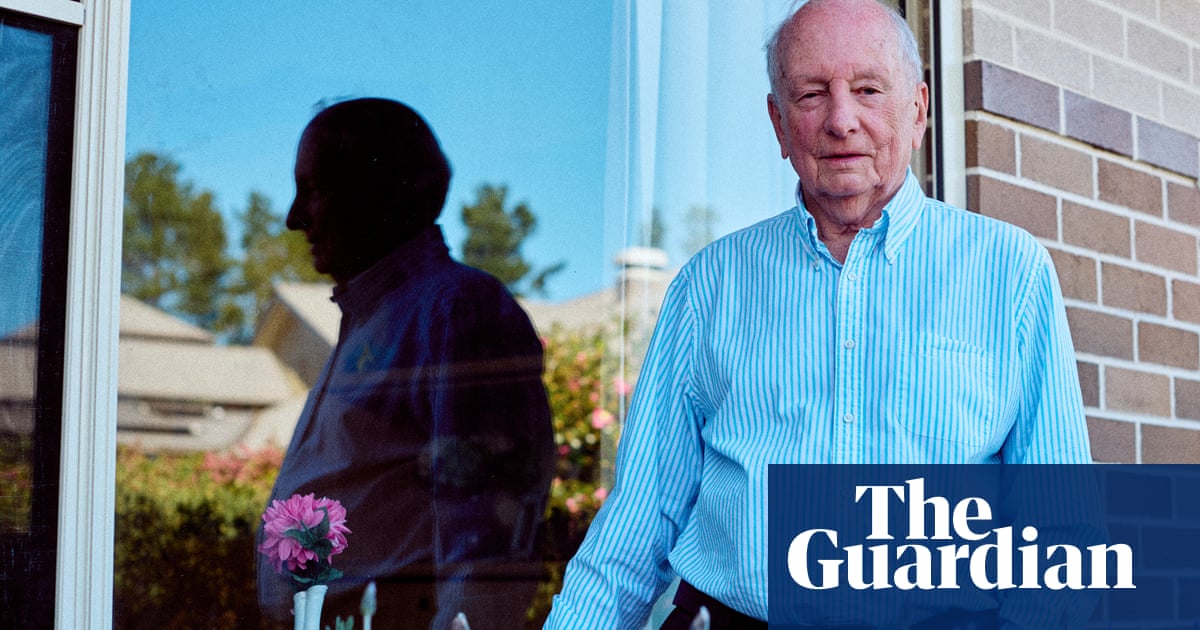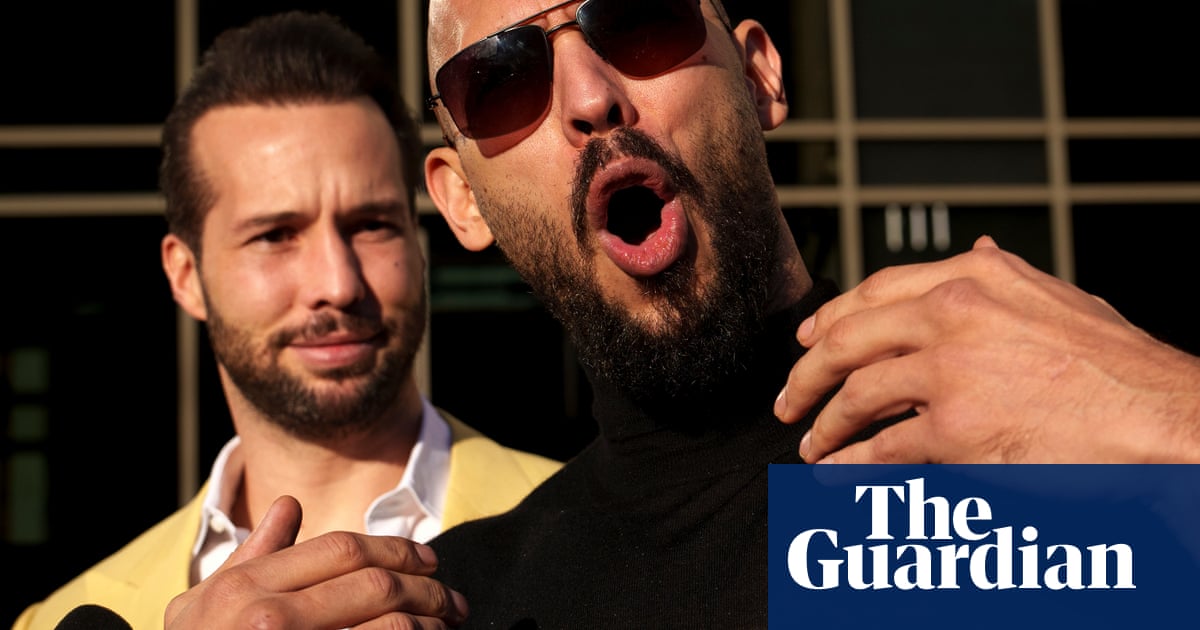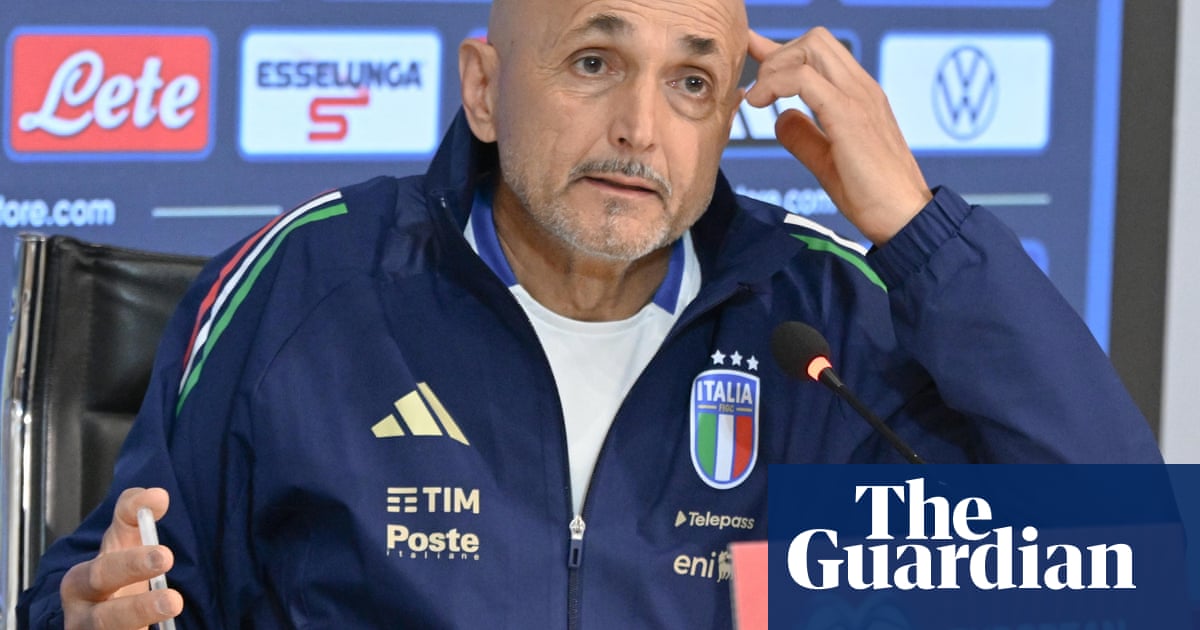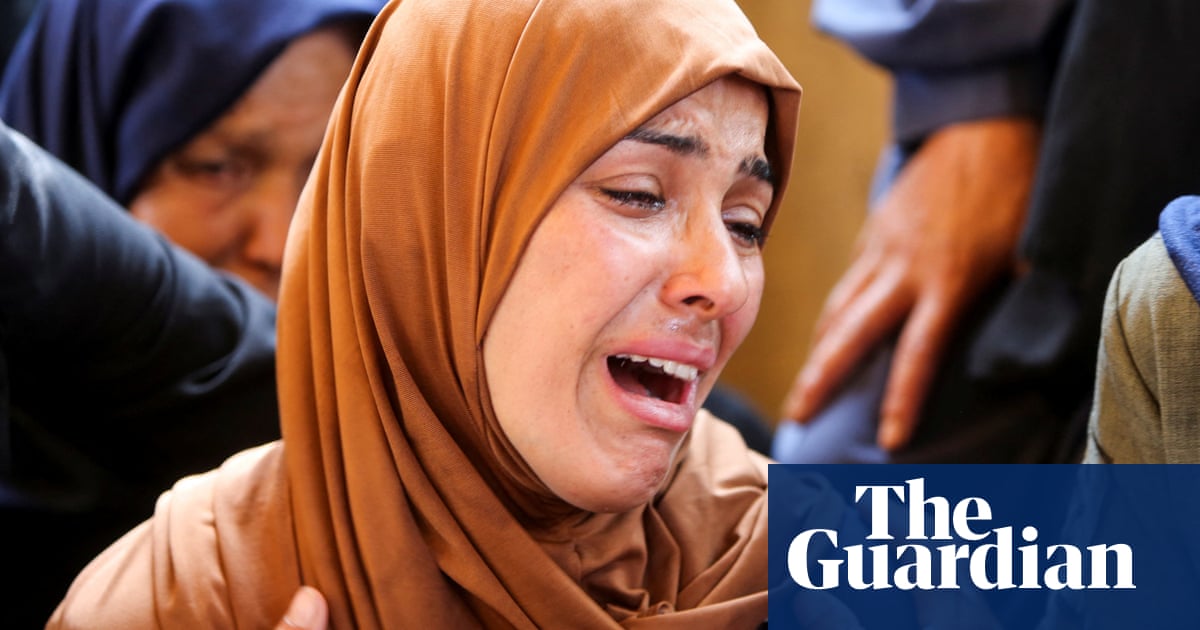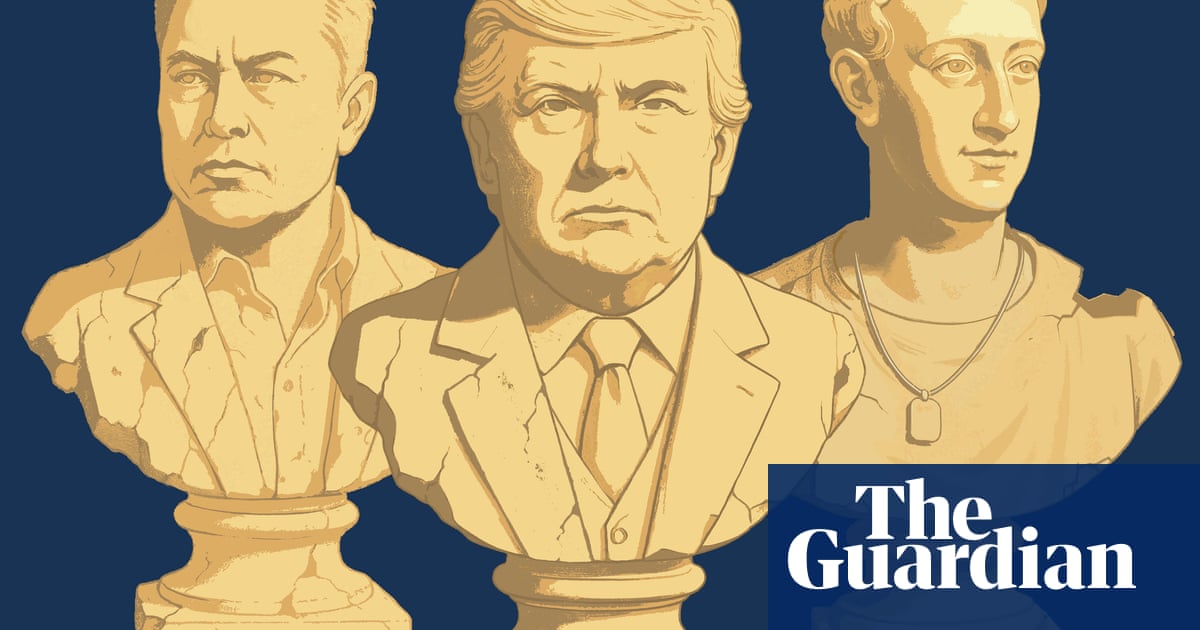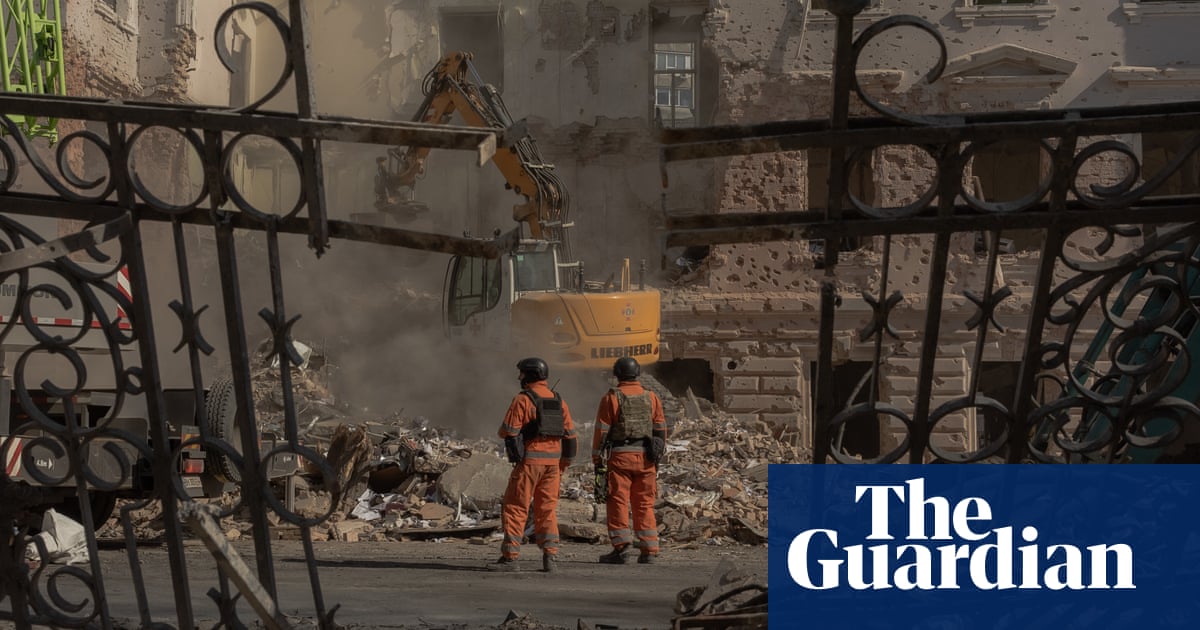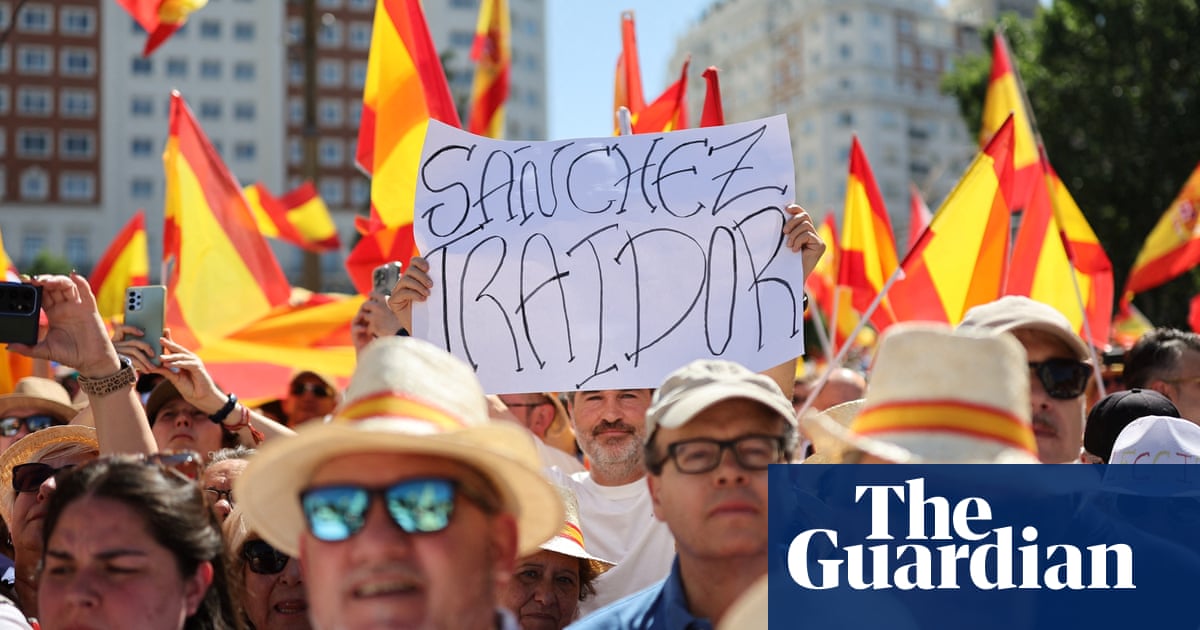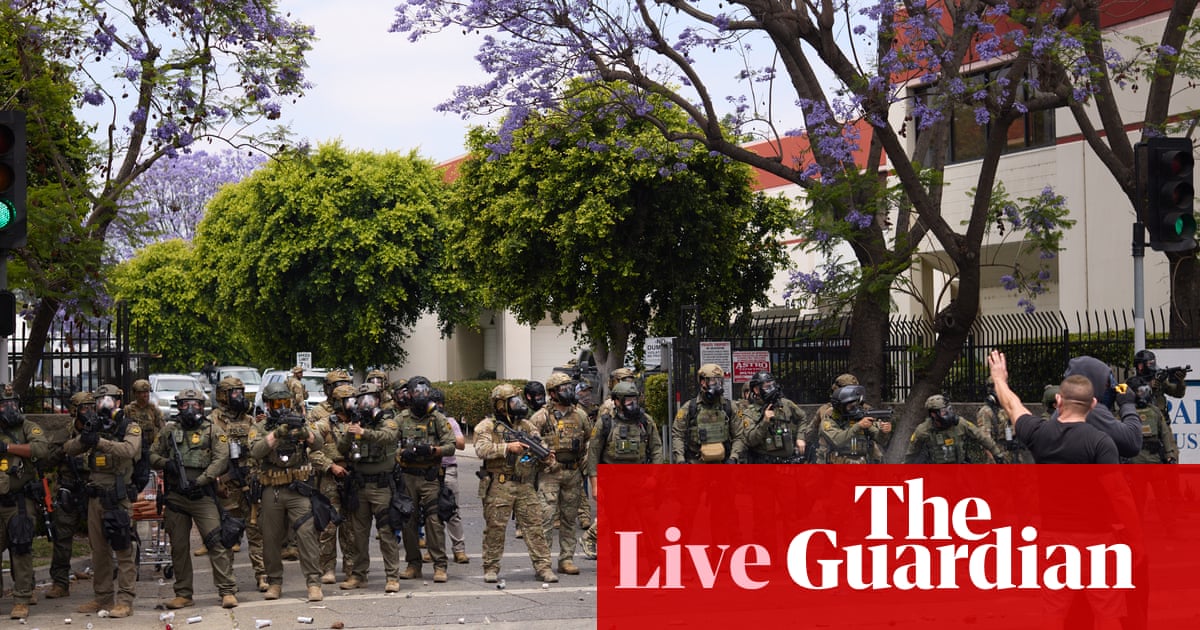They came smiling, but the task was immense. After dozens of summits at which a hesitant and discordant EU had failed to agree on anything like a cohesive plan for the end of the war in Ukraine, this one had, suddenly and vitally, to be different.
The leaders of France, Germany, Poland, Italy, Spain and – speaking for the Nordic and Baltic states – Denmark, plus Britain’s prime minister and the heads of Nato and the European Commission and Council, arrived in Paris reeling from a historic week.
Last Monday, the US vice-president, JD Vance, had told Europe its “excessive regulation” of potentially harmful technologies was all wrong. Two days later, Donald Trump called Vladimir Putin to start talks between the US and Russia on ending the war.
The same day, the US defence secretary, Pete Hegseth, told his European opposite numbers at a meeting in Brussels that the US was no longer “primarily focused” on Europe’s security and the continent would have to take the lead in defending Ukraine.
On Friday came Vance’s coup de grâce: a violent ideological assault accusing European democracies of quashing free speech, bowing to multiculturalism and running scared of voters. Forget Russia: the real threat to Europe, he said, was “from within”.
The US vice-president then declined to talk to the German chancellor, Olaf Scholz, instead meeting Alice Weidel, the leader of the far-right AfD, a party that Germany’s security agency keeps under surveillance as a potential threat to democracy.
In five days, leaders were made forcefully aware of three realities: first, the US and Europe appeared no longer to share the values that, since 1945, had underpinned the transatlantic alliance. Second, Europe could no longer rely on the US to defend it.
Third – on the immediate question to which Europe was most eagerly awaiting an answer – the US plan, insofar as it actually exists, did not seem to include a place at the table for Europe (including, for that matter, Ukraine).
Monday’s Paris summit was convened by the French president, Emmanuel Macron, because, in the words of an Elysée adviser, “there is now a necessity for Europeans to do more, better and in a coherent way, for our collective security”.
Those attending were deemed to be the most determined, but also the best equipped, a coalition not just of the willing but the capable – including Britain, no longer an EU member but a major contributor to Ukraine and a potent European military force.
Arriving in Paris, the European Commission president, Ursula von der Leyen, said Europe’s security was “at a turning point. Yes, it’s about Ukraine – but also about us. We need an urgency mindset. We need a surge in defence. And we need both now.”
But Monday’s summit is likely to be the first of many on the road to a coherent European security policy for Ukraine and for Europe more broadly: Europe’s security environment may have changed, fundamentally, but Europe has not.
It has its “enemies within”: populist, far-right, Moscow-friendly, pro-Trump governments that will block a common security policy where they can. Hungary’s foreign minister, Péter Szijjártó, lost no time in denouncing Monday’s summit.
The meeting was a gathering of “pro-war, anti-Trump, frustrated European leaders” aimed at “preventing a peace agreement in Ukraine”, he said, adding that unlike them, Budapest “supports Donald Trump’s ambitions … and wants peace in Ukraine”.
Robert Fico, Slovakia’s populist prime minister, also had a go. EU officials had no mandate for Europe’s role in any Ukraine ceasefire, he said, adding that the discussions did not concern the EU and their participation hurt confidence in the bloc.
Countries not invited to the Paris talks were also grumbling. “Even within the EU, not all states are treated equally,” said Slovenia’s pro-European president, Nataša Pirc Musar. “This is not the Europe we aspire to [or] the Europe that will be respected.”
Other leaders will dread the impact of a big increase in defence spending on already fraught domestic politics. According to Nato, Portugal, Italy, Spain, Belgium, Croatia, Luxembourg and Slovenia all spend less than the target 2% of GDP on defence.
There are mighty battles in prospect over more shared borrowing – which Germany, among others, strongly opposes – to fund Europe’s collective security needs, and over the use of frozen Russian assets.
More immediately, there are differences over Ukraine’s postwar security guarantees. Macron had already raised the possibility of an eventual European peacekeeping force in Ukraine last year, and Keir Starmer, the British prime minister, said on Sunday the UK was prepared to put troops on the ground. Sweden followed suit on Monday.
The Netherlands said it was “not negative” about the idea, but Germany said it was “premature” and Poland – which at 4% spends more of its GDP per head on defence than any other Nato member – said it was “not planning to send any Polish troops”.
EU diplomats acknowledge the Trump administration’s brutally transactional, unashamedly ideological stance could splinter Europe’s already fragile unity. Whether or not it does, they say, could depend on the process of which Monday’s Paris meeting is but the first step.

 3 months ago
61
3 months ago
61



